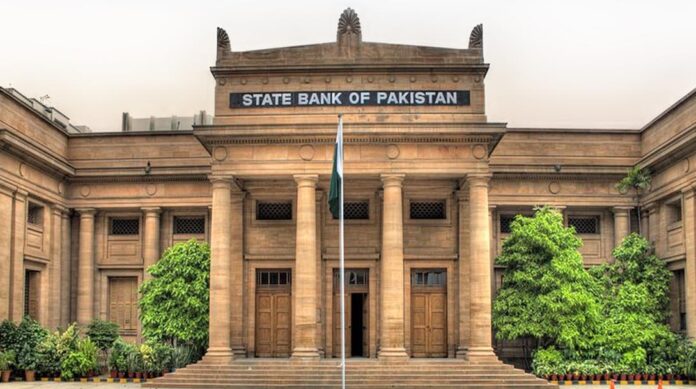ISLAMABAD: The State Bank of Pakistan (SBP) has unveiled a draft framework titled Revival and Debt Resolution of Sick Industrial Units (RDRSIU-2025), aimed at addressing the financial distress faced by Pakistan’s industrial sector. The initiative seeks to revive non-performing, sick, or dormant industrial units by providing debt restructuring options, including targeted debt settlements, principal haircuts, and rescheduling based on business viability.
The framework introduces a formal mechanism involving government-owned financial institutions (GOFIs) to encourage accountable debt restructuring while promoting the cleansing of bank balance sheets and encouraging new lending. The initiative specifically targets registered industrial or commercial entities that have defaulted on debt repayments for four consecutive quarters and have operated below 30% capacity for at least a year. Fraudulent borrowers are excluded from eligibility.
Under the framework, borrowers will be classified into four categories—viable, marginally viable, dormant, and fraudulent—with customised restructuring strategies for each. Options for restructuring include interest reduction, tenor extensions of up to 10 years, working capital support, and early repayment without penalty. Additionally, principal haircuts of up to 60% can be approved by bank boards, and waived amounts will be eligible for tax deductions.
The framework also facilitates full and final settlements within 12–24 months, with banks required to submit monthly reports on approved cases, loan amounts, and progress on economic revival. To ensure transparency, government banksare required to establish board oversight subcommittees and tie performance incentives to NPL resolution targets.
The textile sector, one of Pakistan’s largest industries, is particularly highlighted in the framework, facing a 10% cost disadvantage due to structural issues like high energy tariffs, delayed refunds, and high interest rates.
The Securities and Exchange Commission of Pakistan (SECP) has also proposed amendments to the Corporate Rehabilitation Act, 2018, which will facilitate faster out-of-court settlements and corporate turnarounds.
The circular will remain valid for 10 years, with a mid-term review after 18 months, aiming to revive idle industrial capacity, create jobs, reduce NPL burdens, and enhance credit flows across the industrial sector.




